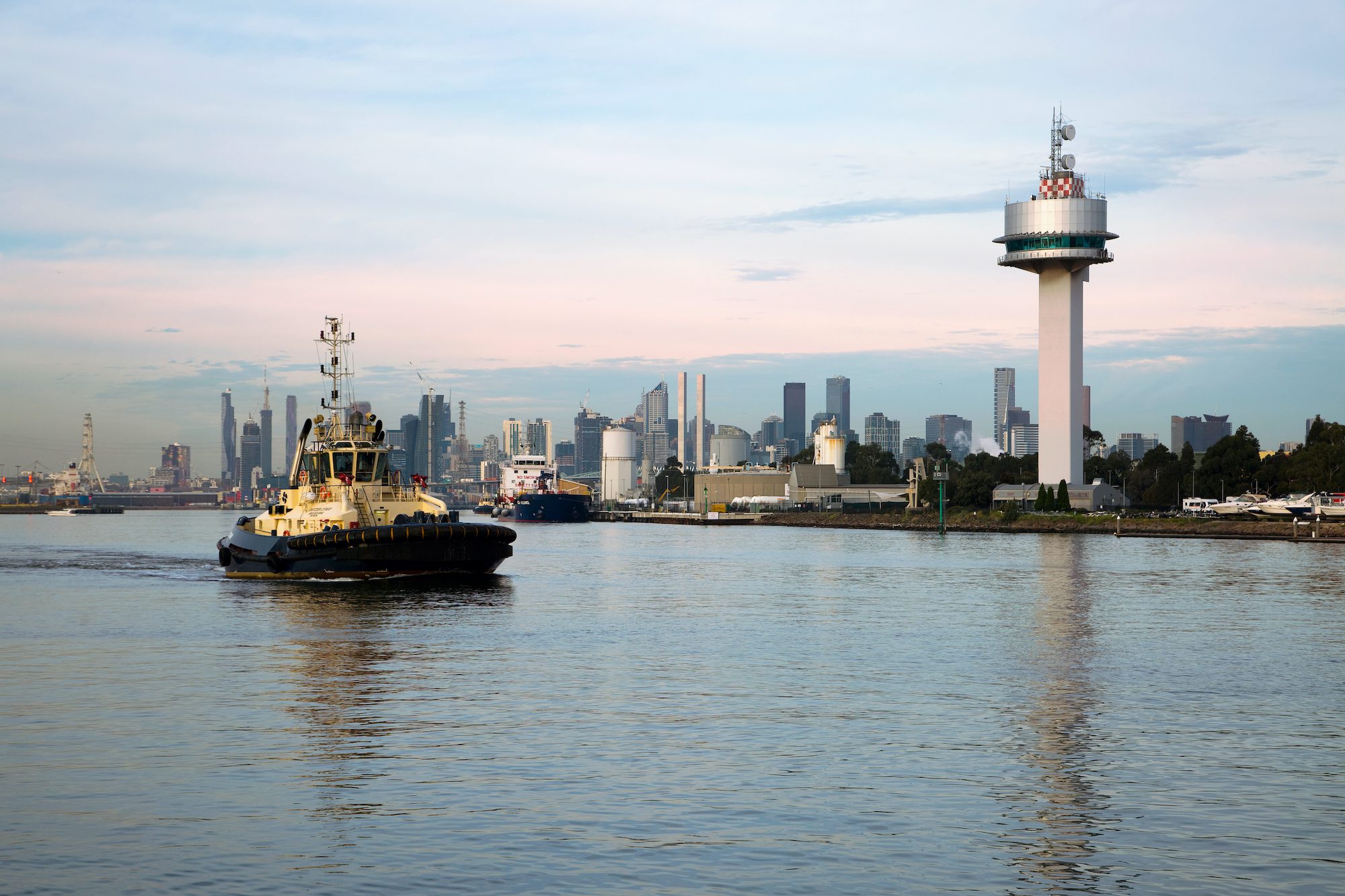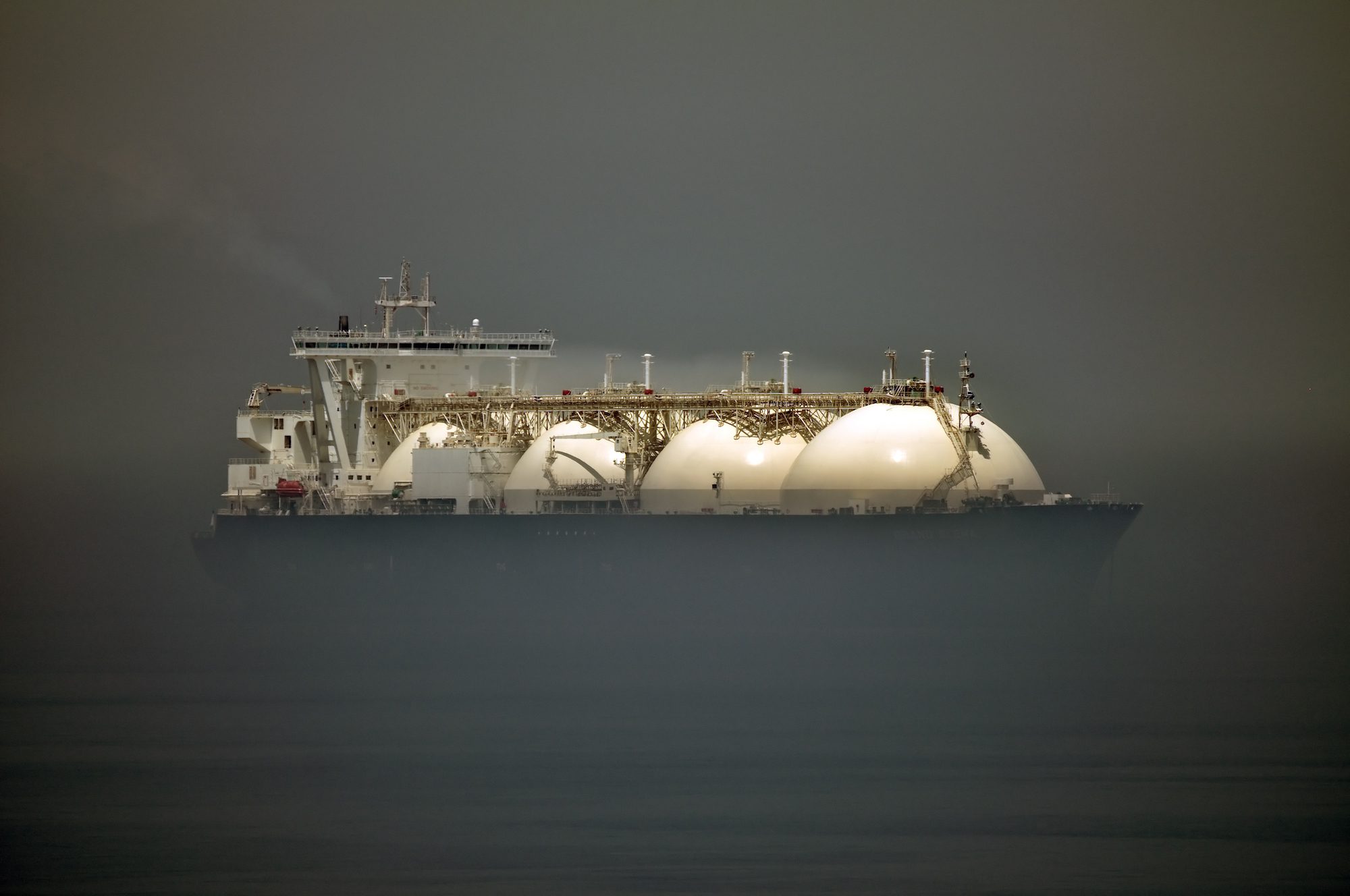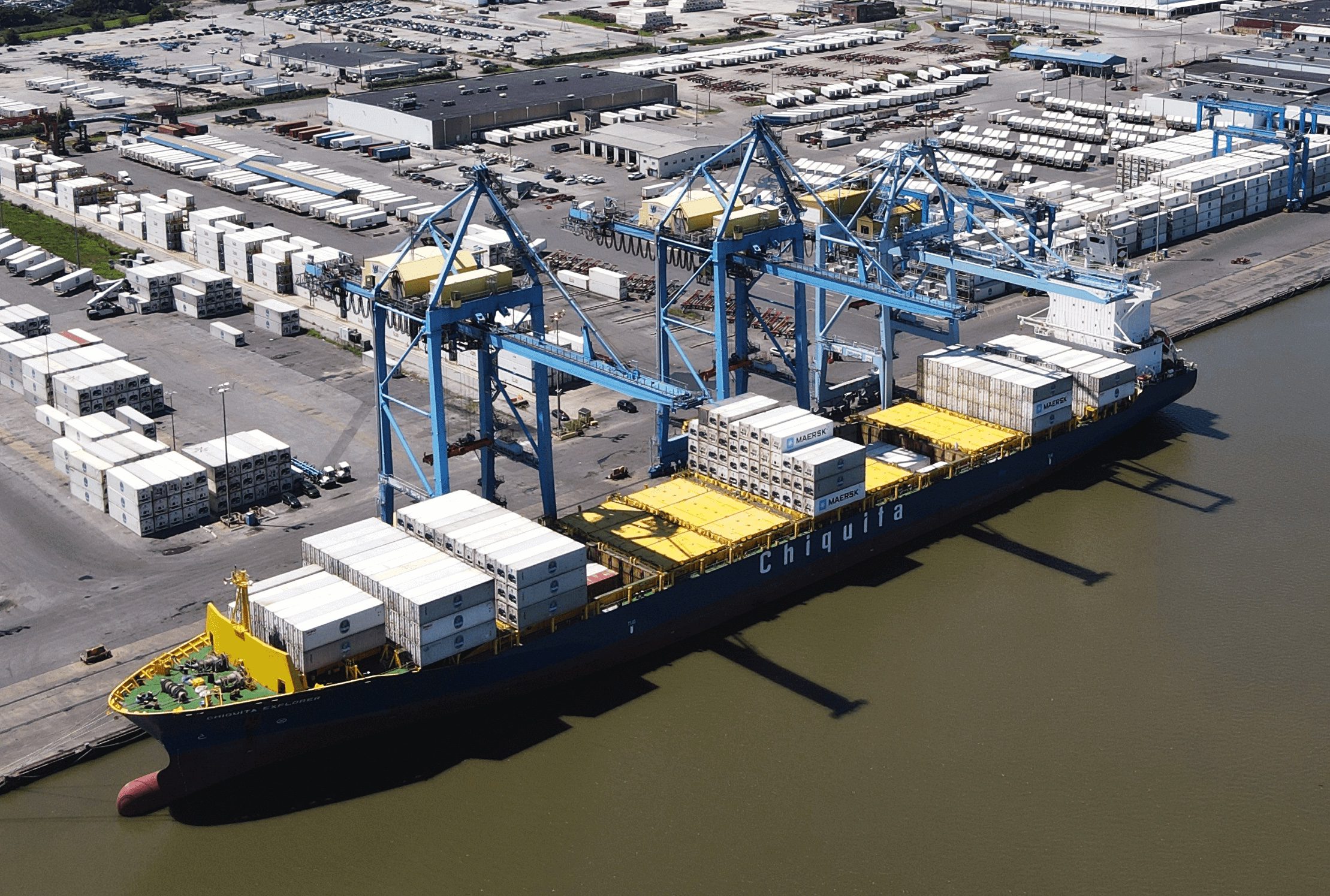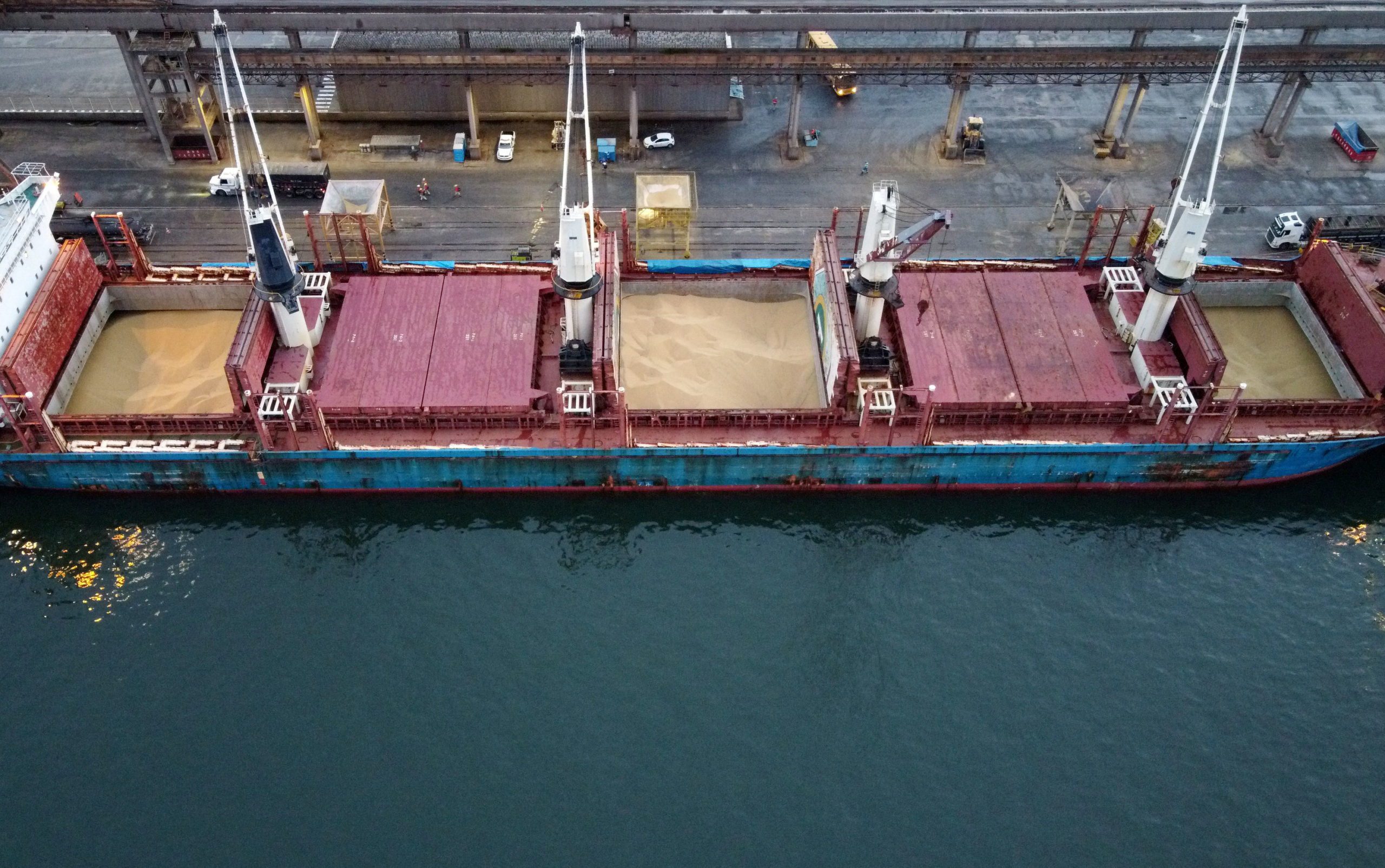Towage operator Svitzer, an A.P. Moller-Maersk subsidiary, has announced an indefinite lockout of Australian harbor tug crews over an industrial labor dispute with maritime unions, likely to result in major implications for shipping across the country.
The lockout will begin Friday at noon local time and will continue indefinitely, Svitzer Australia said in an update on Monday.
Svitzer Australia says it has given notice of the lockout to all of its towage employees covered under its 2016 National Towage Enterprise Agreement and their union bargaining representatives, the Maritime Union of Australia (MUA), The Australian Institute of Marine and Power Engineers (AIMPE) and the Australian Maritime Officers Union (AMOU). Reports say the lockout will impact about 582 employees in 17 ports.
“This step is being taken by Svitzer under the provisions of the Fair Work Act in response to damaging and ongoing industrial action being organized by the unions,” the company said in its update.
The Maritime Union of Australia described the lockout as “a massive escalation of the simmering industrial conflict” by a “bad faith employer” that will throw “Australian supply chains into disarray.”
According to Svitzer, unions have organized more than 1100 instances of industrial action since October 2020. In the past month alone, there have been more than 250 instances of protected industrial action, amounting to nearly 2000 hours of work stoppages, the company said, and there is new protected action being notified by the unions on an almost daily basis.
Svitzer says it has had to respond to each protected industrial action as a matter of necessity.
“This is harming Svitzer’s ability to reliably, safely and efficiently serve our shipping customers and port operations around the country and is causing serious disruption to the national supply chain which is reliant on shipping,” the company said.
During the lockout, no merchant ships will be towed in or out of 17 Australian ports served by the company.
“This will impact shipping operations at major metropolitan and regional Australian ports nationwide in Queensland, New South Wales, Victoria, South Australia and Western Australia,” the company said. The lockout will not impact Svitzer terminal operations supporting the oil and gas sector or operations in other states and territories
“Our goal all along has been to reach a new enterprise agreement and we have exhaustively negotiated in good faith to try to do this,” says Nicolaj Noes, Svitzer Australia’s Managing Director. “We had hoped it would never come to a lockout – but we are at a point where we see no other option but to respond to the damaging industrial action underway by the unions.”
The Maritime Union of Australia hit back in a statement.
“As an arm of this multi-billion-dollar behemoth, Svitzer Australia funnels hundreds of millions of dollars back to Denmark and pays almost no tax in Australia.
“The Australian management team has spent the past three years refusing to finalise a new Employment Agreement to cover tugboat crews at seventeen ports around the country, effectively giving these workers a wage-freeze amidst soaring inflation and massive corporate profits during a COVID-boom for shipping and logistics companies. At every turn, the three maritime unions have sought to drag the management team back to the negotiating table and work on a mutually agreeable outcome,” the statement said.
The National Secretary of the Maritime Union of Australia, Paddy Crumlin, who is also the President of the International Transport Workers Federation (ITF), said that “Svitzer’s workers have continued to turn up, work hard and contribute not only to the massive profitability of this successful company but save lives and protect Australia’s coastline during daring rescues of stricken cargo ships.”
“The actions of Svitzer today replicate Qantas’ actions but in fact go far further in the damage to ports and port users, and the flow on effects that will have on Australian businesses, consumers and our global reputation is extraordinary,” Crumlin added.

 Join The Club
Join The Club











